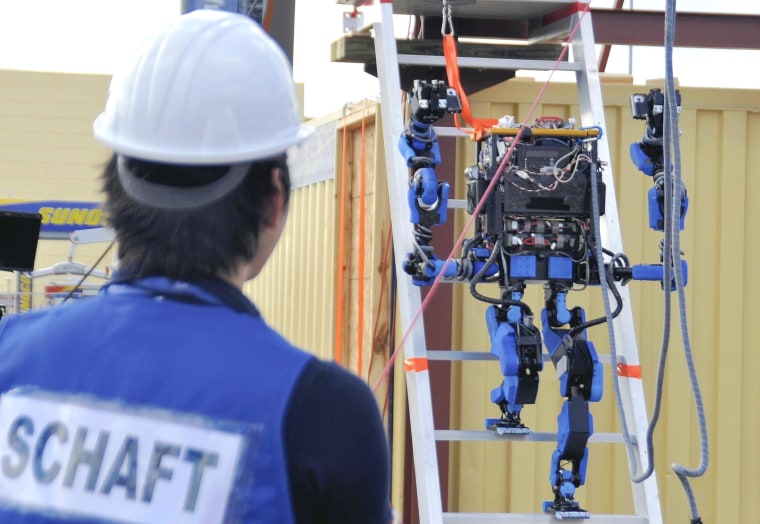In less than two decades, you won't just use your computers, you will have relationships with them.
Because of artificial intelligence, computers will be able to read at human levels by 2029 and will also begin to have different human characteristics, said Ray Kurzweil, the director of engineering at Google.
"My timeline is computers will be at human levels, such as you can have a human relationship with them, 15 years from now," he said. Kurzweil's comments came at the Exponential Finance conference in New York on Wednesday.
"When I say about human levels, I'm talking about emotional intelligence. The ability to tell a joke, to be funny, to be romantic, to be loving, to be sexy, that is the cutting edge of human intelligence, that is not a sideshow."
Sign up for top Technology news delivered direct to your inbox
The Oscar winning movie 'Her,' which was about a man who fell in love with his operating system, foreshadowed many of Kurzweil's predictions about how artificial intelligence (AI) will evolve.

The personalities of computers' operating system will be customizable for each user, he said, much like how the operating system in the movie 'Her' was portrayed.
Computers will also provide a way for humans to expand the range of their brains via the cloud, Kurzweil said. In the future people will be able to directly connect their brain to the cloud so that they can expand their knowledge and memory.
He added that technology is shrinking and computerized devices will eventually be as small as the size of blood cells and 2030 can be put into our brain.
"These will basically put our neocortex on the cloud," he said.